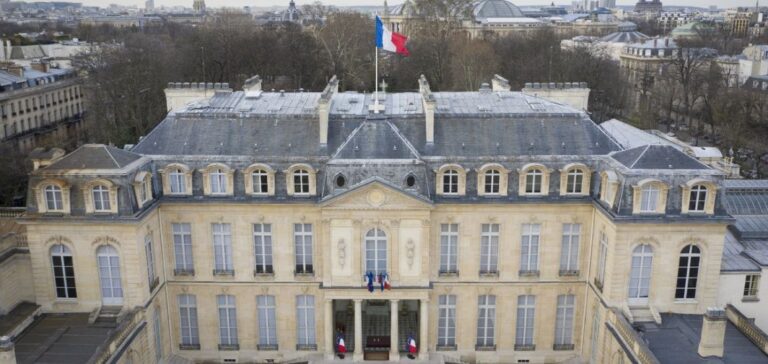The “gas hub” in Turkey proposed by Russian President Vladimir Putin to export gas to Europe makes “no sense” when Europeans want to reduce their dependence on hydrocarbons from Russia, the French presidency said Thursday.
“There is no sense for us to create new infrastructure that would allow the import of more Russian gas,” stressed the Elysee.
Vladimir Putin proposed on Thursday to his Turkish counterpart Recep Tayyip Erdogan to create this “gas hub”, suggesting that it would allow Europeans to receive gas at less “exorbitant” prices.
“A few months ago, almost 40% of the gas delivered to the European Union came from Russia. Today this share of Russian gas is only 7.5% and it is expected to decrease further,” replied the French Presidency.
“It may be that Russia and Turkey decide together to export more gas but it can not be to the European Union which has commitments of sovereignty, reduction of its dependence and also climate transition that are incompatible with this kind of reasoning, “she added.
Vladimir Putin also assured on Wednesday that Moscow was ready to resume deliveries to Europe via the Nord Stream gas pipelines.
Russia stopped deliveries via Nord Stream 1 at the end of August, citing technical problems. Germany, on the other hand, abandoned the commissioning of Nord Stream 2 at the beginning of the Russian offensive in Ukraine.
At the end of September, four huge gas leaks also appeared on the two gas pipelines linking Russia to Germany, caused, according to several countries, by underwater detonations.






















